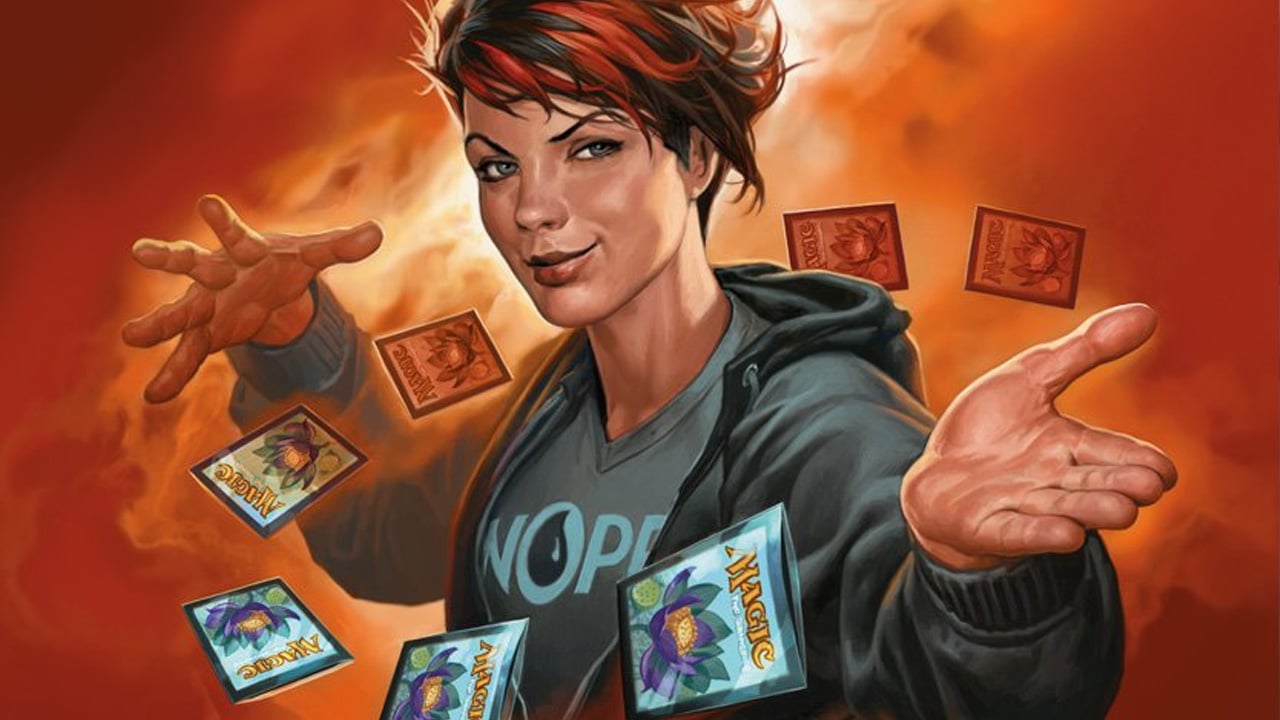Everyone starts with the same feeling. Curiosity mixed with confusion. You see others play fast, talk in shorthand, shuffle with purpose. You’re still learning the rules and wondering how they always seem to be two steps ahead. The truth is, every competitive player was once exactly where you are.
Learn the Core, Not the Tricks
Beginners often chase clever combos before they understand Magic’s true basics. The real progress starts when you stop memorizing and start noticing patterns, how tempo shifts when a development lands just right, and how the smallest decision changes an entire turn.
Keep notes after games. What worked, what didn’t, where you froze. It sounds simple, but it builds awareness faster than any guide.
Watch, Imitate, Then Adjust
Watch Streams, tournaments, and online breakdowns with intent. If a decision comes up that doesn’t make sense to you, pause the match and ask what you would have done there, and try to understand why they did something different.
Consistency matters across all skill-based systems. Players who react quickly and plan ahead perform better. For example, casinos that prioritize fast transactions have been found to retain more users, since payout speed builds trust and confidence among players (source: https://esportsinsider.com/ca/gambling/fast-withdrawal-casino). The same logic applies here. Keep your moves sharp, your reactions quick, and your decisions deliberate.
Build a Testing Habit
Playing more isn’t the same as practising. Testing means playing with questions in mind: what happens if I draw late, or sideboard differently, or hold back one more turn? Play matches where the goal isn’t winning but collecting answers.
Try new decks without attachment. You’ll find what feels natural and what constantly drags. The right deck is the one you keep reaching for when you don’t have to.
Surround Yourself with Better Players
Join local events or online groups where you’re not the strongest person in the room. It’s uncomfortable, but it’s how your skill jumps. Ask questions. Borrow strategies. Get used to criticism that isn’t sugar-coated.
As time passes, you’ll start to learn to look for context clues in your opponent’s play patterns. Question why your opponent does each thing, and use that information to cross off potential cards in their hand.
Keep Perspective
While winning can be the goal, Magic: The Gathering is a game, at the end of the day, so you need to make sure you’re having fun. When games start feeling like chores, step away for a day. The pause resets your instincts.
Progress isn’t a straight climb. Picking up a new deck or format means you’ll lose a lot. Learning from your losses, and picking up things you missed in every game is extremely important.
It’s easy to get distracted by the hype around rare collector cards and limited editions, the kind you’ll find discussed in articles about MTG’s priciest releases, but that has nothing to do with actual gameplay. Focus stays on decisions, not dollar signs.
If you keep showing up, paying attention, and thinking about what happens between turns, you’ll get there. Everyone does, just not at the same pace.
Stick with us at mtgrocks.com: the best place for Magic: The Gathering coverage!

